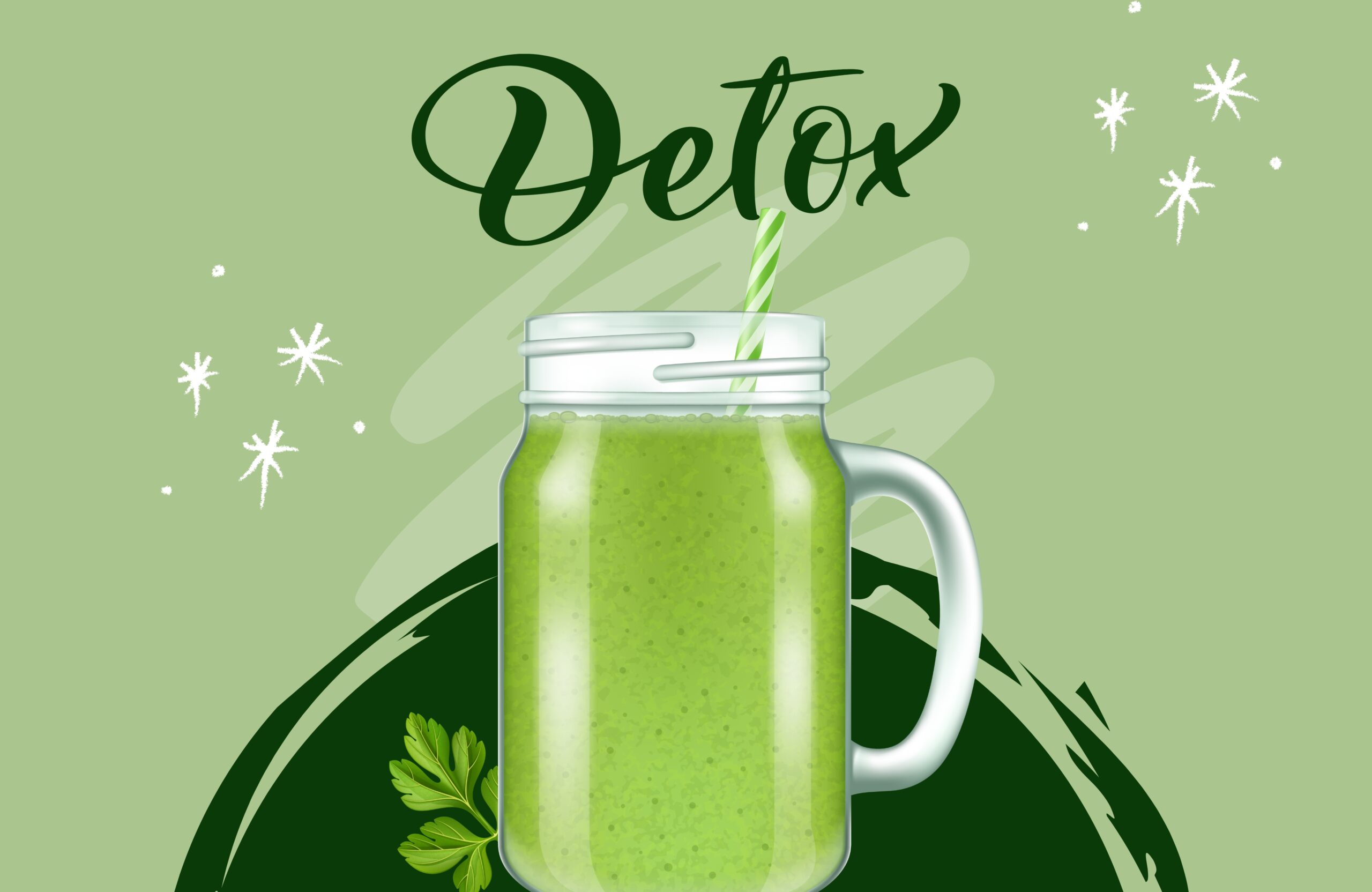If you’re undergoing orthodontic treatment with braces, it’s important to pay attention to your diet. The foods you eat can have a significant impact on your overall oral health and the success of your treatment. This article aims to provide you with useful tips and information on maintaining a healthy diet while wearing braces.
What is the Importance of Diet During Orthodontic Treatment?
During orthodontic treatment, your teeth are being moved into their desired positions. The forces exerted by braces may cause discomfort initially, and certain foods can make this discomfort worse or even damage the braces. It’s important to avoid hard, sticky, or overly sugary foods that can interfere with braces and increase the risk of dental issues. Additionally, maintaining good nutrition is vital for optimal oral health, as it supports the strength and health of your teeth and gums, ensuring that your orthodontic treatment is as effective and efficient as possible.
What Are the Roles of Nutrition in Oral Health?
According to an orthodontist in Washington DC, eating a balanced diet that includes essential nutrients helps promote healthy gums and strong teeth. Nutrients like calcium, vitamin D, and phosphorus are particularly important for maintaining tooth enamel and bone health.
- Calcium: Calcium is essential for strong teeth and bones. It helps in the development and maintenance of the jawbone, which is crucial for the proper alignment of your teeth during orthodontic treatment. Good sources of calcium include dairy products, leafy green vegetables, and fortified foods.
- Vitamin D: Vitamin D is necessary for the absorption of calcium and phosphorus, which are essential for tooth mineralization. Sun exposure and certain foods like fatty fish, egg yolks, and fortified dairy products, are excellent sources of vitamin D.
- Phosphorus: Phosphorus, along with calcium, helps in the formation and maintenance of tooth enamel. It can be found in foods like meat, fish, poultry, dairy products, and nuts.
- Vitamin A: Vitamin A is crucial for the health of your gums and oral tissues. It helps in the production of saliva, which aids in the prevention of tooth decay. Foods rich in vitamin A include carrots, sweet potatoes, spinach, and liver.
- Vitamin C: Vitamin C is essential for the production of collagen, a protein that helps maintain the integrity of your gums. It also has antioxidant properties that protect against gum inflammation and periodontal disease. Citrus fruits, strawberries, bell peppers, and broccoli are excellent sources of vitamin C.
How Do Braces Affect Your Eating Habits?
Having braces can temporarily change your eating habits. Certain foods can get stuck or cause damage to your braces, which may prolong your treatment duration or lead to costly repairs. It’s essential to be mindful of the foods you consume, especially during orthodontic treatment.
1. Initial Adaptation to Braces
The introduction of braces can initially bring about some discomfort and sensitivity in the mouth. Especially in the first few days following adjustments, you might find it challenging to chew harder foods comfortably. As a result, many patients temporarily adjust their diets to softer foods to ease the transition.
2. Avoiding Potential Damage
Braces come with certain dietary restrictions, primarily to prevent any damage to the brackets or wires. Hard, crunchy, sticky, or chewy foods can potentially dislodge or break components of the braces, leading to unplanned orthodontic visits and prolonged treatment times. Consequently, it becomes essential to be more mindful of food choices to maintain the integrity of the braces.
3. Oral Hygiene Considerations
With braces, food particles can easily get trapped between brackets, wires, and teeth. This accumulation can increase the risk of plaque buildup, cavities, and gum problems if not addressed. Therefore, alongside modifying food choices, there’s an increased emphasis on thorough oral cleaning after meals to ensure optimal dental health during the treatment phase.
What are Braces-Friendly Foods?
Finding braces-friendly foods can help you maintain a healthy diet while keeping your orthodontic treatment on track. Here are some options:
Soft Foods That Are Easy to Chew
Soft foods are gentle on your braces and can be easily chewed. These include mashed potatoes, scrambled eggs, yogurt, smoothies, soups, and cooked vegetables. Incorporating such foods into your diet can help alleviate discomfort while providing essential nutrients.
Nutrient-Rich Foods for Strong Teeth
It’s important to continue consuming nutrient-rich foods for maintaining strong teeth. Foods like leafy green vegetables, dairy products, lean meats, and fish are excellent sources of calcium, vitamin D, and phosphorus. Including these foods in your diet can help support the health and strength of your teeth.
What are Foods to Avoid when Wearing Braces?
While there are many options for braces-friendly foods, certain foods should be avoided to prevent damage to your braces. These include:
- Hard Foods That Can Damage Braces: Avoid hard foods like nuts, hard candies, popcorn, and ice. These foods can cause brackets to break or wires to bend, potentially disrupting your treatment progress.
- Sticky Foods That Are Difficult to Clean: Sticky foods like caramel, chewing gum, and taffy can get stuck in your braces, making them challenging to clean properly. This can increase the risk of cavities and gum problems. It is best to avoid these sticky treats during your orthodontic treatment.
Meal Planning for Braces Wearers
Effective meal planning can help you enjoy a variety of nutritious foods while minimizing the risk of damaging your braces. Consider the following:
- Breakfast Ideas for Those with Braces: For a braces-friendly breakfast, opt for smoothies, oatmeal, scrambled eggs, or yogurt with soft fruits. These options are gentle on your braces and provide essential nutrients to start your day off right.
- Lunch and Dinner Options for Braces Wearers: When it comes to lunch and dinner, choose softer alternatives such as lean meats, grilled vegetables, pasta, and soft bread. These options not only protect your braces but also provide a balanced meal.
How to Maintain Oral Hygiene with Braces?
Proper oral hygiene is crucial when wearing braces. Cleaning your teeth and braces effectively helps prevent the buildup of plaque and reduces the risk of tooth decay and gum disease. Consider the following techniques:
Cleaning Techniques for Braces
Brush your teeth after each meal, using a soft-bristle toothbrush and fluoride toothpaste. Pay special attention to cleaning around braces and wires. Additionally, flossing with special orthodontic floss or using interdental brushes can help remove plaque and food particles from difficult-to-reach areas.
Products to Promote Oral Health During Treatment
In addition to regular oral hygiene practices, incorporating mouthwash or antimicrobial rinse into your routine can help reduce plaque and gingivitis-causing bacteria. Consult with your orthodontist to find the most suitable oral care products for your specific needs.
Conclusion
By being mindful of your diet and practicing good oral hygiene, you can ensure a successful orthodontic treatment journey while maintaining good overall oral health. Remember to consult your orthodontist for tailored dietary advice and any concerns you may have. With the right approach, braces-friendly foods can help keep your smile healthy and beautiful.
















